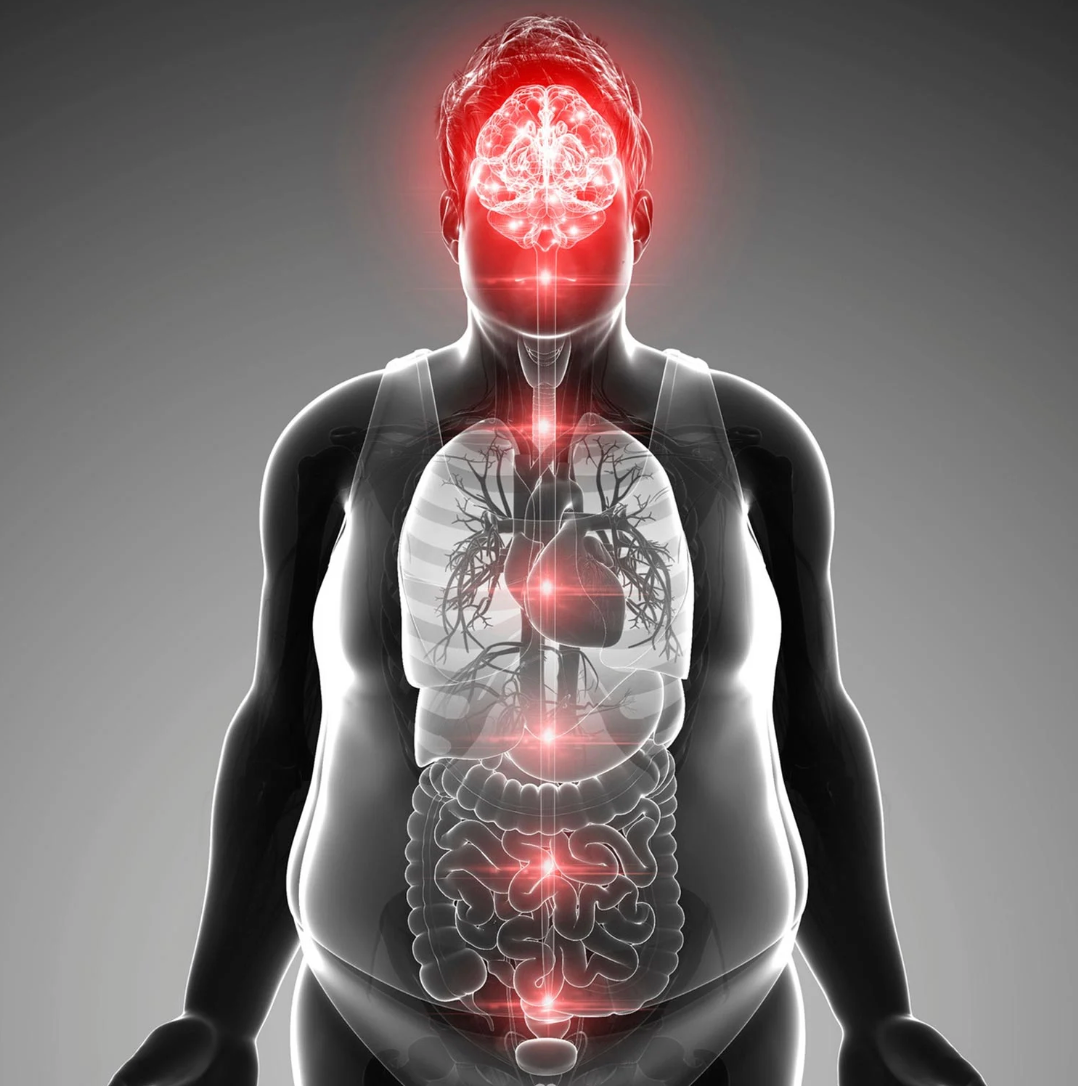
Gut-Brain Connection
Share
We gather the latest nutrient information available to develop our formula's.
Click here to find some of our research on the gut-brain connection
Have you ever heard of the gut-brain connection? It's a fascinating topic that explores the relationship between your gut health and your brain function. Let's dive into the science behind this intricate connection.
What is the Gut-Brain Connection?
The gut-brain connection refers to the bidirectional communication between the gastrointestinal tract and the brain. This communication occurs through the nervous system, the immune system, and hormones. The gut and the brain are connected via the vagus nerve, often referred to as the "gut-brain axis."
How Does it Work?
Did you know that about 90% of the body's serotonin, a neurotransmitter that regulates mood, is produced in the gut? This highlights the significant role that the gut plays in influencing our emotional state. Additionally, the gut is home to trillions of bacteria, collectively known as the gut microbiome, which play a crucial role in various aspects of health, including brain function.
Impact on Mental Health
Research has shown that imbalances in the gut microbiome can contribute to mental health disorders such as anxiety and depression. By maintaining a healthy gut, you can potentially improve your mood and overall mental well-being. In fact, studies have demonstrated that probiotics, which promote a healthy gut microbiome, may have a positive impact on mood.
Effects on Cognitive Function
The gut-brain connection also influences cognitive function. Poor gut health has been linked to cognitive issues such as brain fog, poor concentration, and memory problems. By taking care of your gut health through a balanced diet rich in fiber and fermented foods, you can support optimal cognitive function.
Ways to Support a Healthy Gut-Brain Connection
So, what can you do to support a healthy gut-brain connection? Eating a diverse range of fruits, vegetables, whole grains, and lean proteins can help nourish your gut microbiome. Additionally, incorporating probiotic-rich foods like yogurt, kefir, and sauerkraut can introduce beneficial bacteria into your gut.
Reducing stress through practices like meditation, yoga, and deep breathing can also have a positive impact on the gut-brain axis. Adequate sleep, regular exercise, and staying hydrated are all important factors in maintaining a healthy gut and a sharp mind.
By understanding the intricate relationship between your gut and your brain, you can take proactive steps to support both your physical and mental well-being. Remember, a healthy gut is key to a healthy mind!
